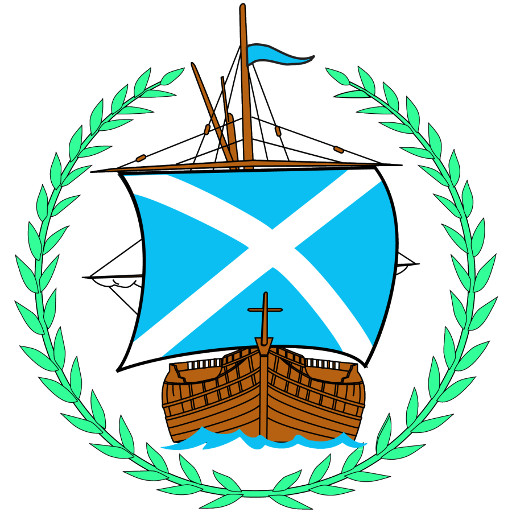Doctoral Programs
The Doctor of Theology
The Doctor of Sacred Theology
The Doctor of Theology is an academic program based upon the successful completion of a dissertation of 40,000 words (approximately 160 pages in length). Requirements to enter the D.Th.: a Bachelor degree from a recognized institution and a Masters degree of at least 30 semester credit hours in a religious discipline.
The Doctor of Sacred Theology is an academic program based upon the successful completion of a dissertation of 40,000 words (approximately 160 pages in length). Requirements to enter the S.T.D.: a Bachelor degree from a recognized institution and a Masters degree of at least 60 semester credit hours in a religious discipline.
Introduction:
The doctoral program of St. Andrew’s Theological College and Seminary was established to encourage students to make a valuable contribution to religious studies. Recognizing that individual students have differing needs and requirements, the Seminary designed the program around a flexible, European model.
How to apply:
Doctoral candidates must send the Seminary the standard Application for Admission, registration fee, and submit all other documentation required, including official transcripts of all academic work previously earned. In addition, together with their Application, doctoral candidates must submit an autobiography written in narrative form, eight to ten pages in length (double-spaced). The autobiography should reveal significant information about the candidate’s life experiences, his current activities, and religious, civic, vocational, and avocational interests. Memberships in professional organizations, previous publications, religious affiliations and activities should be mentioned in the text. The autobiography must also explicitly state the specific area of interest for study at the doctoral level, a proposed topic for the candidate’s dissertation, and state how the award of the doctorate will impact the candidate’s life and goals for the future.
Admission:
The candidate’s application package is presented to the President of the Seminary and the Doctoral Committee. If a majority of the Committee and the President approve the application, the candidate is officially enrolled in the program. Tuition is paid upon acceptance. If academic deficiencies or discrepancies are noted in the candidate’s previous academic work, the Seminary may grant provisional acceptance to the candidate pending the successful completion of specific graduate-level courses required under such circumstances. Tuition for these courses is paid separately from the doctoral program.
The Proposal:
After acceptance in the doctoral program, the candidate will submit to the President of the Seminary and the Doctoral Committee a Proposal for the dissertation. The Proposal must discuss the exact parameters of the subject contemplated for the dissertation, a list of chapters and topics to be covered, and a Reading List of primary and secondary sources to be used. The Proposal should be at least ten to twenty pages in length. Suggestions for revision of the Proposal from the Doctoral Committee may be submitted to the candidate for incorporation in the final draft.
Chapter One:
The candidate will submit the first chapter of the dissertation to the President of the Seminary and the Doctoral Committee. Suggestions for revision from the Doctoral Committee may be submitted to the candidate for incorporation in the final draft. Once the Seminary approves the first chapter, the candidate may complete the dissertation.
Submission of Dissertation:
Four spiral-bound drafts and a disc copy of the dissertation must be submitted to the President of the Seminary and the Doctoral Committee. The Committee members individually will determine if the dissertation meets the requirements for the degree, recommending one of the following:
That the candidate be awarded the degree;
That the candidate be awarded the degree when certain corrections are made in the final draft; That the candidate be required to sit for a written and/or oral examination as specified by the Committee; That the candidate not be awarded the degree.
If a majority of the Committee approves the award of the degree (or the award pending revisions or after examination), the candidate will present the Seminary with two hardbound copies of the dissertation that will be placed in the Seminary’s library.
The successful candidate will be presented with the degree upon payment of the graduation fee.
Additional Information:
The Seminary has established a five-year time limit for the completion of all doctoral work.
